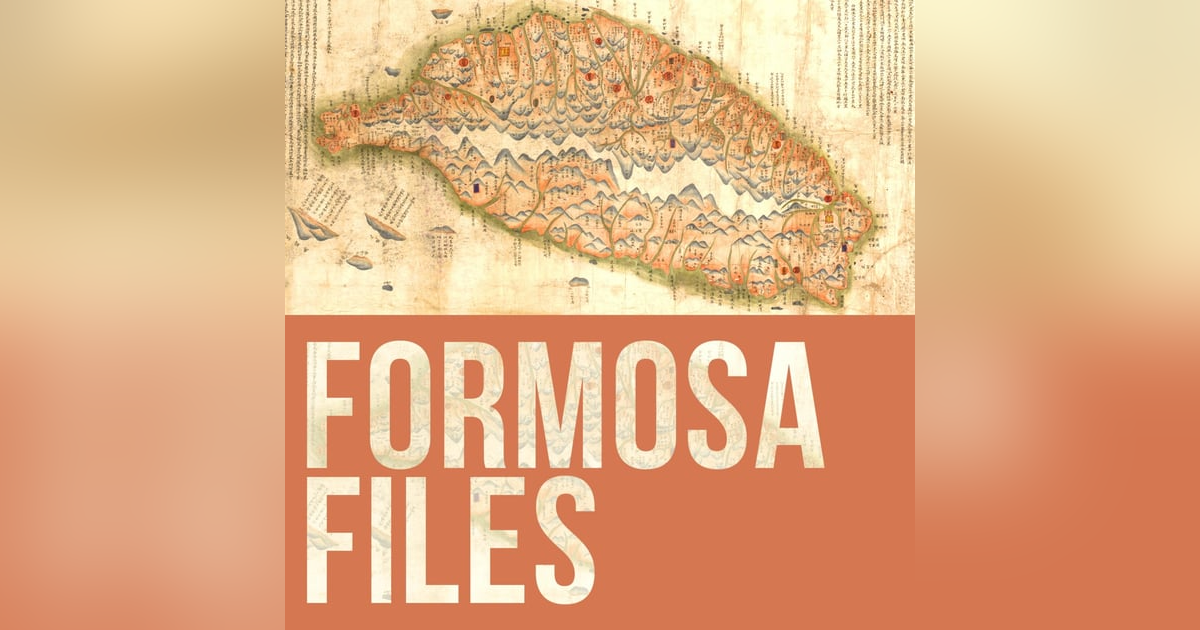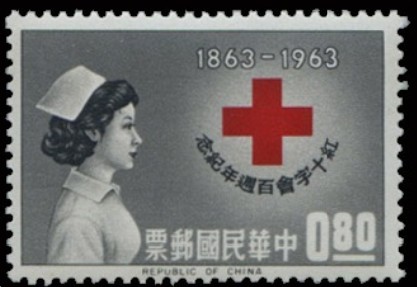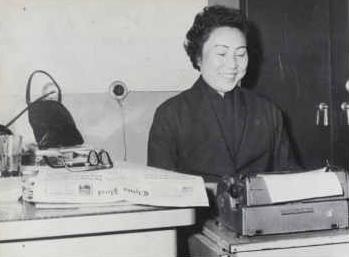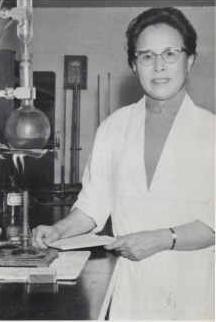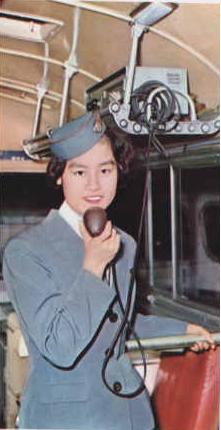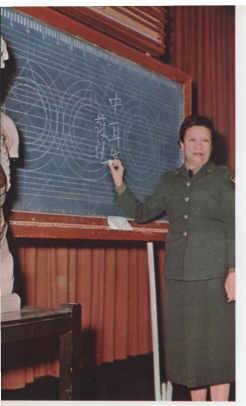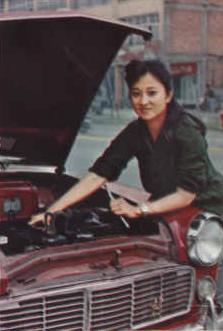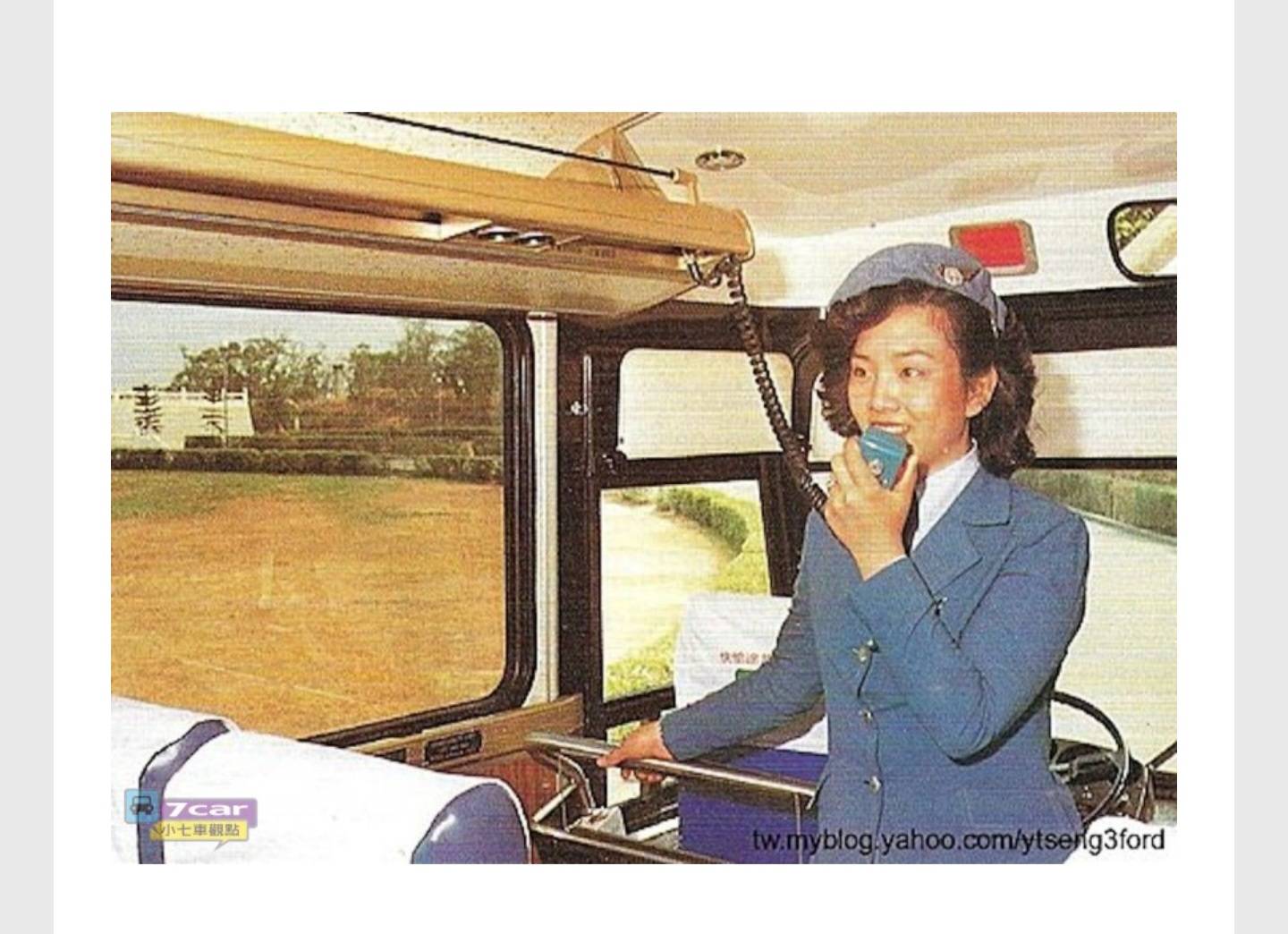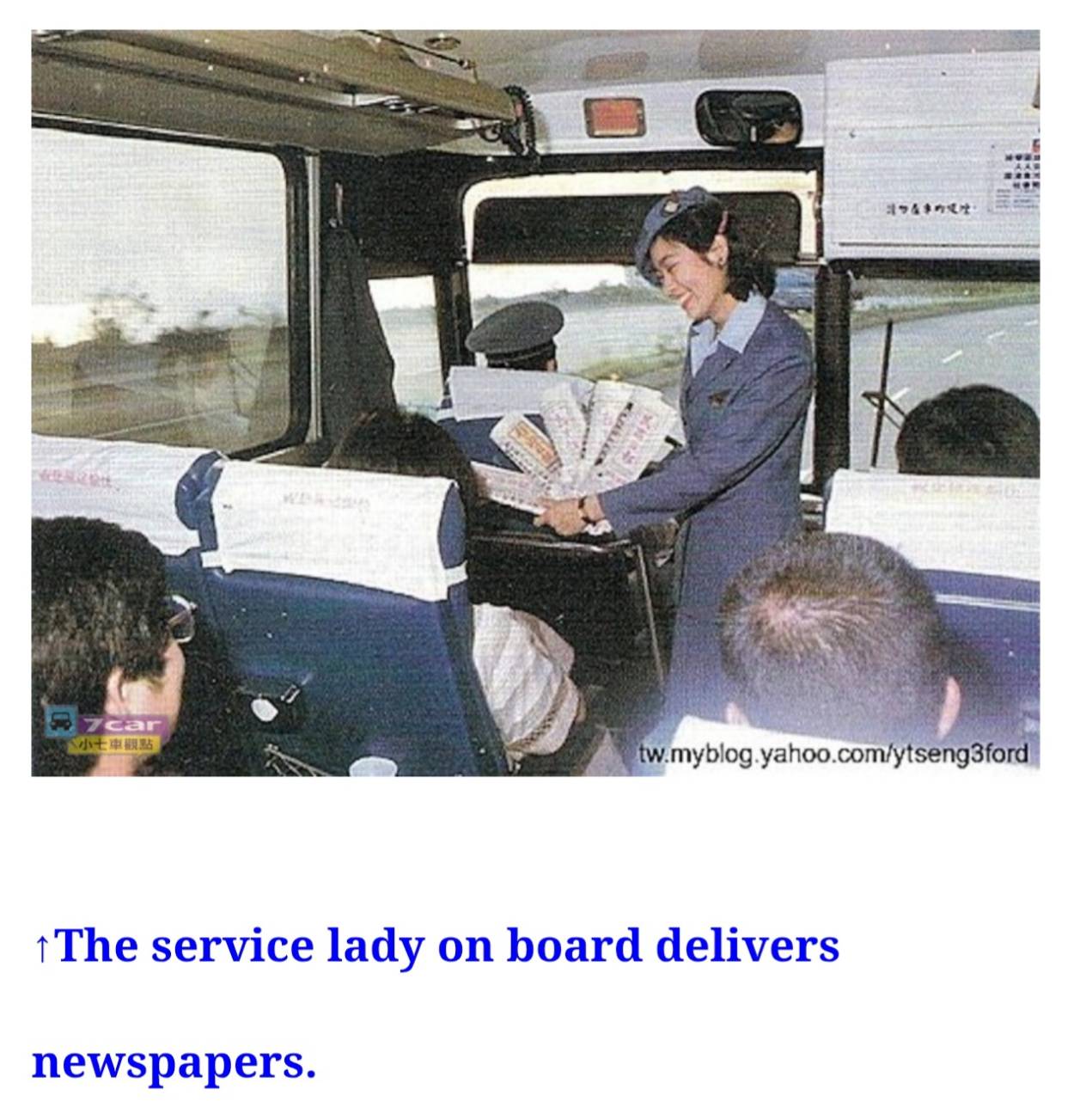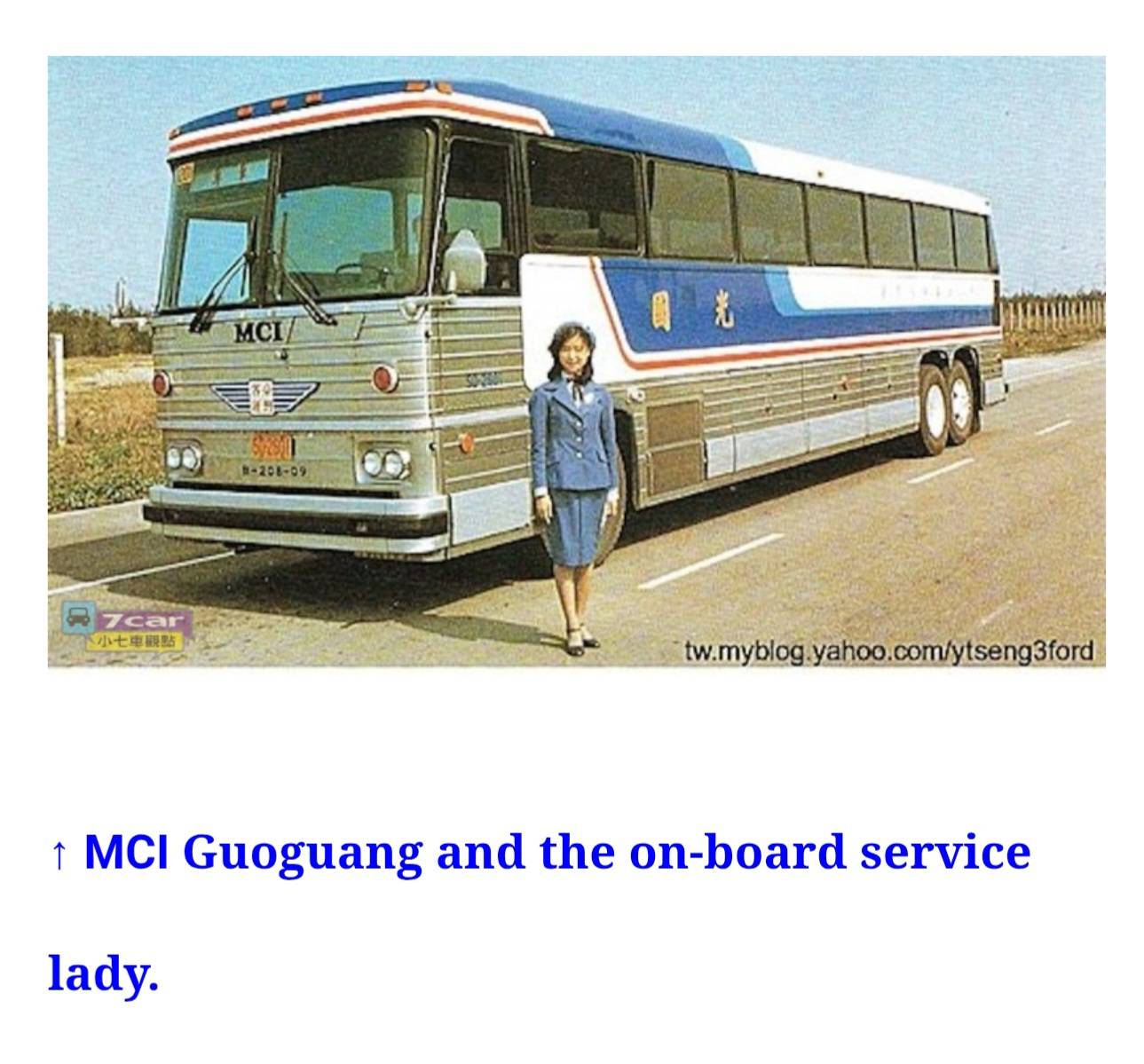“Lip-Sticked” Taxi Drivers and the Founder of the China Post: A Look at Taiwan’s Women in 1963 — S5-E22
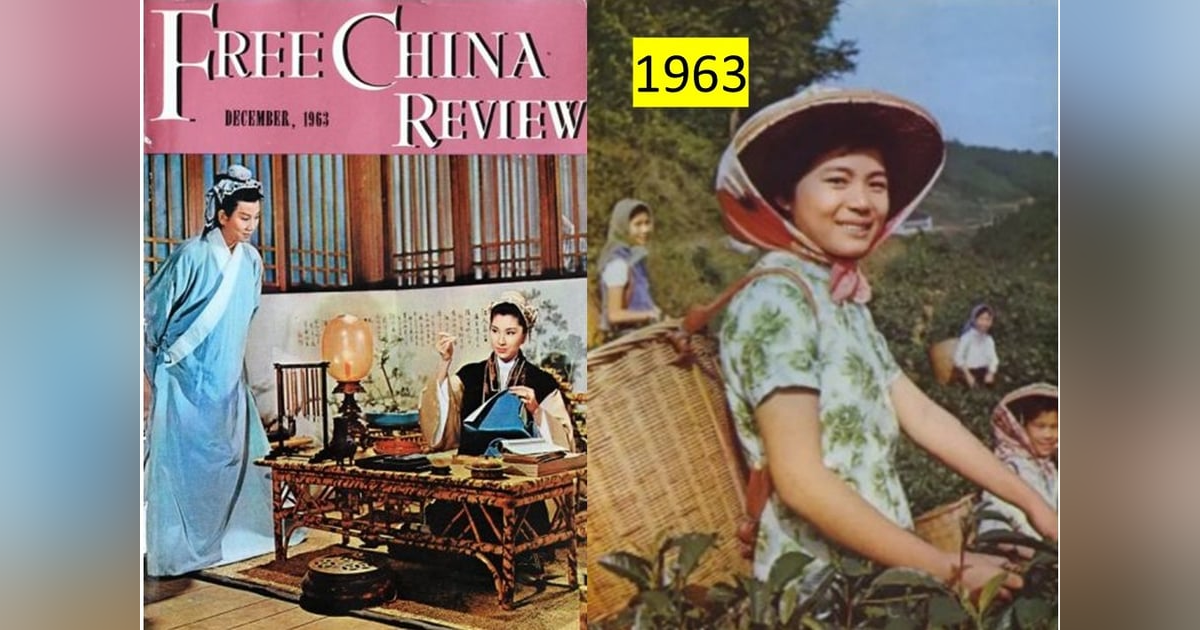
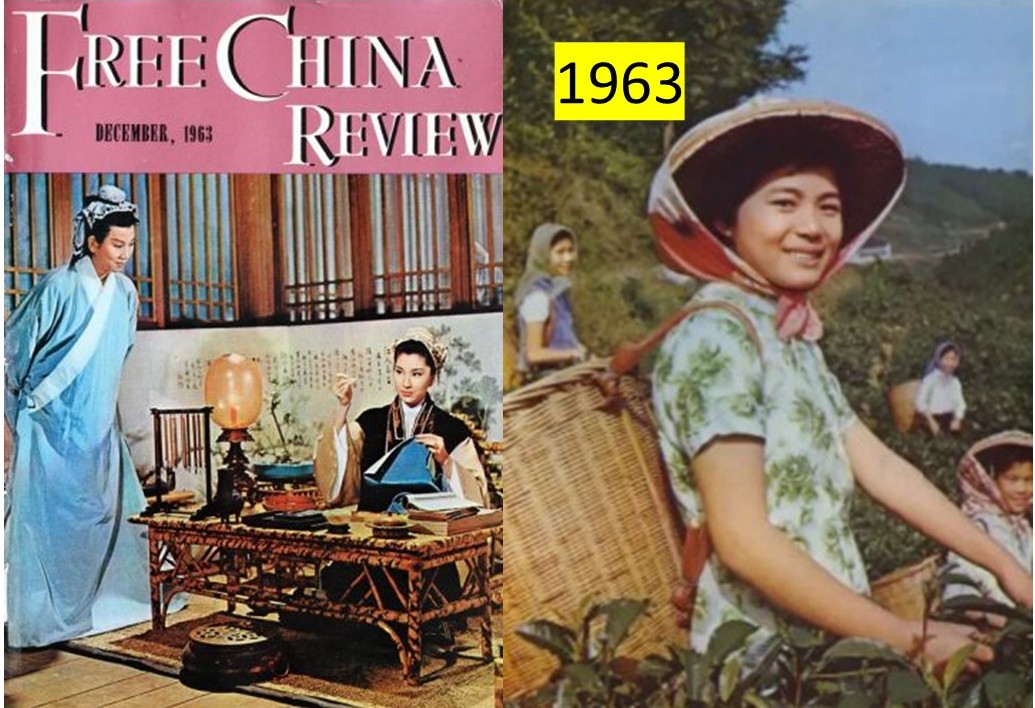
Supreme Court judges, bus conductors, chemists, even radio stars — in this episode, we look at how women were making their mark in 1960s Taiwan. Our source is a 1963 issue of the Free China Review, published in the peak “Free China” years, when most of the so‑called “Taiwanese” women featured were actually from China. Still, even in this repressive period, you could argue women here had more chances to lead, earn, and succeed than many of their peers in the West.
DO US A FAVOR and leave a review or comment (on Apple, Spotify, YT, or our website). It really helps. Thanks.
Cover shows the odd cover of a December 1963 issue of the Free China Review, the same year it published its "A Salute to Chinese Women" edition. On the right is a 1963 print via mediahouse, titled "Taiwanese Girls Picking Tea Leaves in 1963"
READ: Salute to Chinese Women: A Gallery of Chinese Women
Below: A stamp featuring a Taiwanese nurse issued by the ROC in 1963 celebrating 100 years of the Red Cross.
Below: "Mrs. Nancy Yu Huang is the only woman newspaper publisher in free China—and an English-language paper at that ... [the] China Post can at times be pretty critical of the government. It's all what Mrs. Huang calls responsible and constructive criticism."
Below: "Miss Grace Lin did not like chemistry particularly. But she did love her mother a great deal. A widow without sons, the old woman often wished she had one. This wish decided Miss Lin's career. 'I wanted to do the work of a boy. When I started study, chemistry was considered a boys' course,' she recalls. She was the only girl student in her class. Today she is a leading chemist in free China and serves as head of the Chemistry Department of the Taiwan Christian College."
Below: "Taiwan's bus conductors are girls. Miss Ma Ai-chen, a late-comer, is easily the most beautiful and talented among the lot. A stewardess on Kin Ma (Golden Horse) busses, the 5'5", 127-pound girl is a recent graduate of high school. She was quite a girl at the Yangmei Middle School in Taoyuan county. She excelled in basketball, volleyball, and track and field. She broke the javelin and discus records at the Taoyuan county meet."
Below: "Miss Chow Mei-yu is a major general in the Chinese Army, the only woman to have risen to that rank. General Chow, a registered nurse, was graduated from the Peking Union Medical College of Peiping in 1930. She received further training (1946-49) in the United States, where she obtained a master's degree in public health from the Massachusetts Institute of Technology and an M.A. in nursing education from Columbia University. The outbreak of the Sino-Japanese war in 1937 saw her become a member of the Chinese Red Cross, serving in field hospitals at the front."
Below: "Driving taxis has traditionally been in man's bailiwick. No longer so on Taiwan. There are seven lip-sticked cabbies in Taipei alone. Why in the world should a girl become a taxi driver? 'I like going places,' explains Miss Chang Hsui-mei, one of the seven trail-blazers. The 24-year-old girl from Taoyuan was graduated from high school four years ago. Her liking for travel landed her a job with the Taiwan Highway Bureau as a bus conductor on the Taipei-Hsinchu line. However, she liked the seat behind the steering wheel better than punching tickets. So, when the number of taxis operating in Taipei began to soar sharply in 1960, she decided to switch."
Below: For a time, women continued working on intercity bus routes with the Guoguang Bus Company (date unknown).
The busses were purchased by the ROC govt from the Greyhound Co. in the USA, but were eventually all retired due to their fuel inefficacy, among other reasons.
Do us a favor and rate/review the show! It really helps. Do it on Apple Podcasts or here on our website.
Write us with questions or ideas at formosafiles@gmail.com
AND THE BIGGEST REQUEST: tell others about this free, not-for-profit resource about Taiwan.
